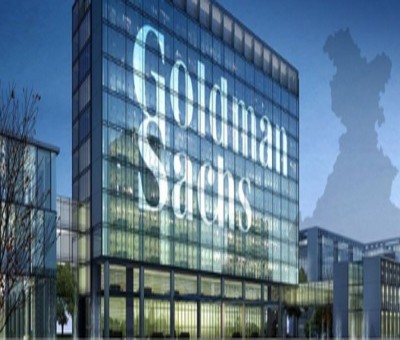
New Delhi, The invasion of Ukraine by Russia and the subsequent political shock are accelerating the supercycle in commodity prices, said Jeff Currie, Global Head of Commodity Research at Goldman Sachs.
In financial parlance, a supercycle in commodity prices means an extended period in which commodity prices remain well above or below their long-average trend.
"Commodities are not homogeneous. They're not completely fungible. I think there is a belief that we can easily distribute this stuff all around the world. But you're lengthening supply chains in an environment in which inventories are already low," Currie said.
Besides, the other important point about the current decoupling or deglobalisation is creating a bifurcated commodity market with growing risks of a dislocation between western and eastern commodity prices.
As the war between Russia and Ukraine escalates, global commodities markets are going through the most upheaval since the 1973 oil embargo on the US.
It's a shock to every single commodity: grains, oil, gas, metals, palladium, titanium, and neon.
Notably, ongoing hostilities between Russia and Ukraine, as well as lack of sufficient supplies, pushed crude oil price to over a decade year high of $130 per barrel earlier this month.
Global crude oil prices have risen over 40 per cent in the past one-month period.
"We have never seen anything like this before. Another big difference is that 1973 was a seller-boycott. This is a buyer boycott," Currie said.
"But this time the energy crisis is most acute in Europe, which relies more heavily on Russian exports. And the shock isn't confined to one commodity."
Russia is the second largest commodity producer in the world behind the US, and the repercussions of its invasion seem to have changed global supply chains overnight.


.jpeg)

